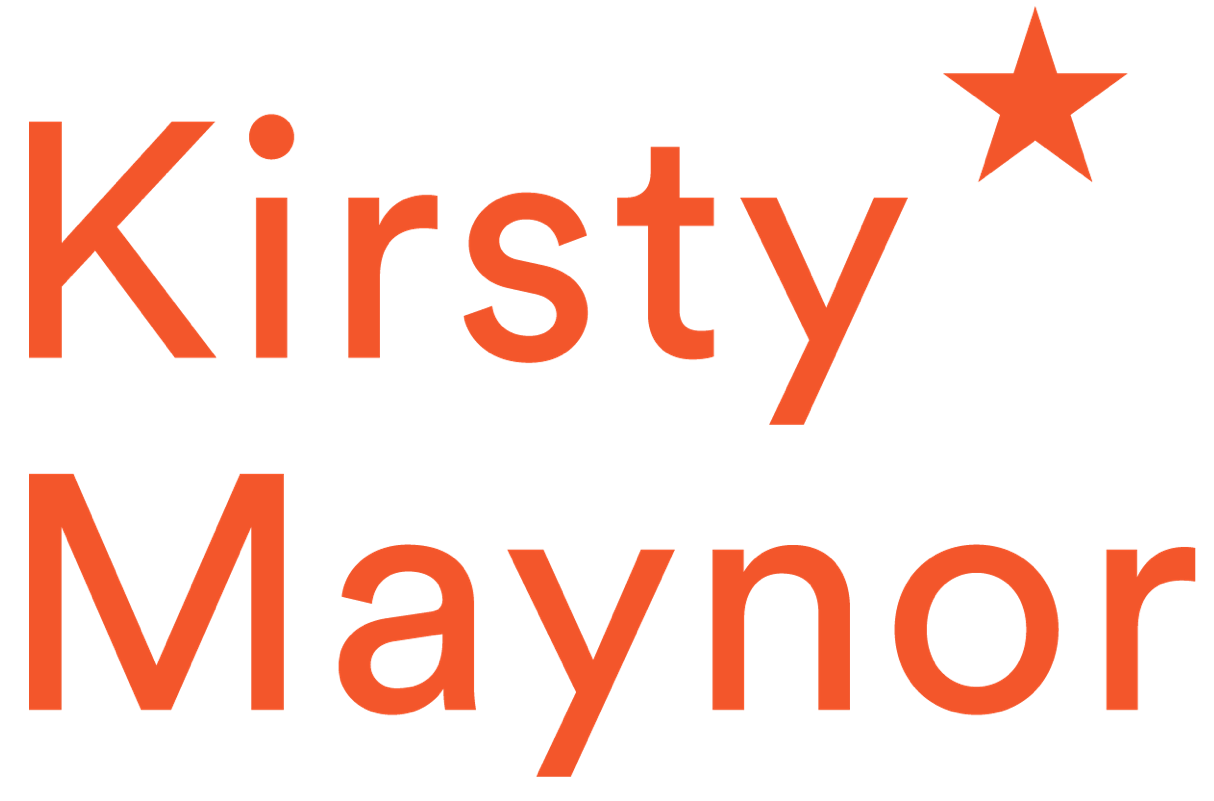How to stop over-planning and start moving towards your goals
We’re all different and we all face unique situations, difficulties and obstacles, particularly if we’re living through change - whether it’s change that we choose or change that we don’t. That said, I’m often asked similar questions by my subscribers, at various speaking events and by delegates attending a leadership training course or session, so over the years, I’ve come to realise that many of the challenges we face are, in fact, pretty universal: from feeling as though we’re “not enough”, to struggling to maintain a work-life balance, lacking the self-confidence to make the changes we want in our careers or personal lives, or needing some help mastering practical strategies for managing our time (both at home and in the workplace).
In this blog, I’d like to address an issue which was raised recently by one of my subscribers, who wrote asking for advice about how to prevent planning from taking over so that she can actually move forward with her goals. It’s not the first time I’ve been asked this question (and I know it won’t be the last), so I thought it would make an excellent blog topic! If you’re great at planning but not-so-great at putting the wheels for change in motion, then you’re not alone. I’ve experienced this many times in my own life: I love to plan, make lists and discuss projects with others, but sometimes I find it difficult to move beyond the planning stage in order to turn a project or goal into a reality. In fact, if you subscribe to my newsletter you may remember that I recently cancelled a trip to the US because I knew I was stuck in a planning cycle: in the end, my gut told me that it was time to stop planning, get moving and take things forward - which I did!
Don’t get me wrong, it’s important - essential even - to plan thoroughly, particularly when it comes to making big decisions about the future. But if you’ve noticed that you’re not getting closer to your goals, then perhaps it’s because over-planning is getting in the way of actually taking the practical steps needed to achieve what you want in life.
If you find yourself stalling or procrastinating, then start by taking a moment to reflect and remind yourself what it is about this goal, project or change that really matters to you, and how it fits with the rest of what’s important in your life. From past experience, I know that there have been times when I’ve set myself a goal which I’ve later found myself struggling to prioritise and on reflection, it’s usually been because it wasn’t a good fit for me in the first place.
If you’re confident that it’s something that really does matter, but you’re still procrastinating, or stuck in a planning cycle which is getting you nowhere (for example, making endless lists, producing beautiful, colour-coded charts, organising endless meetings, or simply overthinking it), then perhaps these practical tips will help to get things moving in the right direction:
Set a timer for 15 minutes: this is a technique that I use all the time and you may have read about in my blog on how to declutter your life. 15 minutes is a great start and an achievable goal for getting started on whatever you’ve been putting off. I can usually force myself to sit down for 15 minutes and write a paper, or read an article, or make a decision about something specific. Often, crossing that threshold by making a small start on a task is really all you need to get the momentum going.
Tell someone else: by telling someone about your plan - whatever it is - and checking in with them again afterwards, you make yourself accountable. Whether it’s something like signing up for a course, submitting a job application, putting your house on the market or making a difficult phonecall, sharing your intention with another person gives you the gentle nudge you need to stop thinking about it and start making it happen.
Reward yourself along the way: it’s all well and good to reward yourself once you achieve your goal, but it’s also important to keep yourself motivated during the journey. I prefer to reward myself for small achievements in the short term, because it helps me to stay motivated, acknowledges the fact that I’ve committed to something significant and helps me see progress. This year I’m thinking about training for a 10k, which I know will require hard work and discipline. But I’ll be giving myself small, incremental rewards for my achievements (like each extra kilometre) along the way, not just when I arrive at my final goal. I adopted a similar approach whilst writing my book, and rewarded myself (think: spa days, new stationery, celebratory cake!) to acknowledge the work I put in at each stage. You can read more about why I think small achievements merit just as much attention as the big ones in my blog on why it’s important to celebrate success.
I hope you find these tips useful for moving beyond the planning stage and getting into the right mindset to make change happen in your life.
I’m grateful to all my subscribers for sharing their stories and experiences with me, and for giving me the chance to make my content as engaging and relevant as possible for you all. If you’d like me to write about a specific issue in my blog, please get in touch and I’ll do my best to address it in the future.
